
We are proud to note that YBhg Prof. Emeritus Tan Sri Anuwar Ali, President/Vice Chancellor of OUM was one of the 12 leading experts who have contributed immensely on the development of higher education in the middle east countries.
YBhg Tan Sri's article entitled: "Leveraging on Technology via International Collaboration: Open University Malaysia’s (OUM) Experience in the Middle East."

The full article can be found here: http://www.mei.edu/Publications/WebPublications/Viewpoints/ViewpointsArchive/tabid/541/ctl/Detail/mid/1623/xmid/1185/xmfid/11/Default.aspx
Other contributors include:
* Emerging Opportunities and Challenges for Regional Higher Education, by Don Olcott, Jr.
* United Arab Emirates (UAE): Flagship of the Gulf, by Roderick French
* Tertiary Education in the Arabian Gulf: “A Colossal Wreck, Remaining Boundless and Bare?”,by Tim Walters, Lynne Walters, and Jack Barwind
* Student-centered Education and American-style Universities in the Arab World, by Shafeeq Ghabra
* Liberal Education in the Middle East, by Benjamin Reilly
* Experiences of Creating E-Learning Programs in the Middle East, by John A. Spinks and Kanishka Bedi
* Dubai’s Knowledge Village and Creating a Knowledge Economy in the United Arab Emirates (UAE), by Ali S. Ibrahim
* Western Education in the Arabian Gulf: The Costs and Benefits of Reform, by Juliana G-Mrabet
* Turkey’s Distinctive Position in the Internationalization, by Yasar Kondakci
* Liberal Education and the American University of Beirut, by Betty S. Anderson
* Policy Privatization and Empowerment of Sub-National Forces: The Case of Private English Language Institutes in Iran, by Maryam Borjian

This is the first of three volumes examining the internationalization of higher education and the Middle East. The 12 essays included in this volume explore some of the changes that are taking place and the challenges that lie ahead as Middle Eastern countries seek to build sustainable higher education systems and strengthen their economies. Within the dynamic global higher education landscape, is the Middle East a stagnant backwater or a center of creative initiative? What are, and should be the roles of foreign partners and providers? In which ways and to what extent can innovative modes of delivering educational content, facilitated by information communications technology (ICT), enrich learning? What are the broader cult implications of the adoption of Western higher educational standards and practices? How does politics inform and impede the ability of students and faculty to participate fully and flourish in institutions of higher learning? These are just some of the important questions addressed in this volume.
For details, kindly visit: http://www.mei.edu/


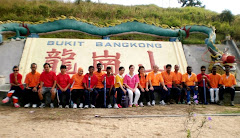








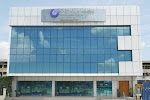



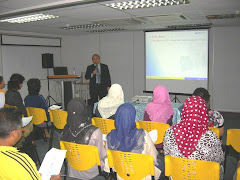

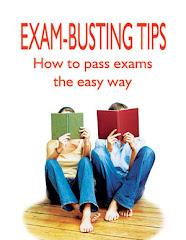










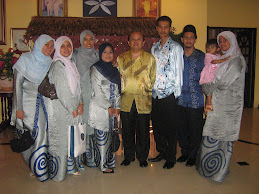

No comments:
Post a Comment